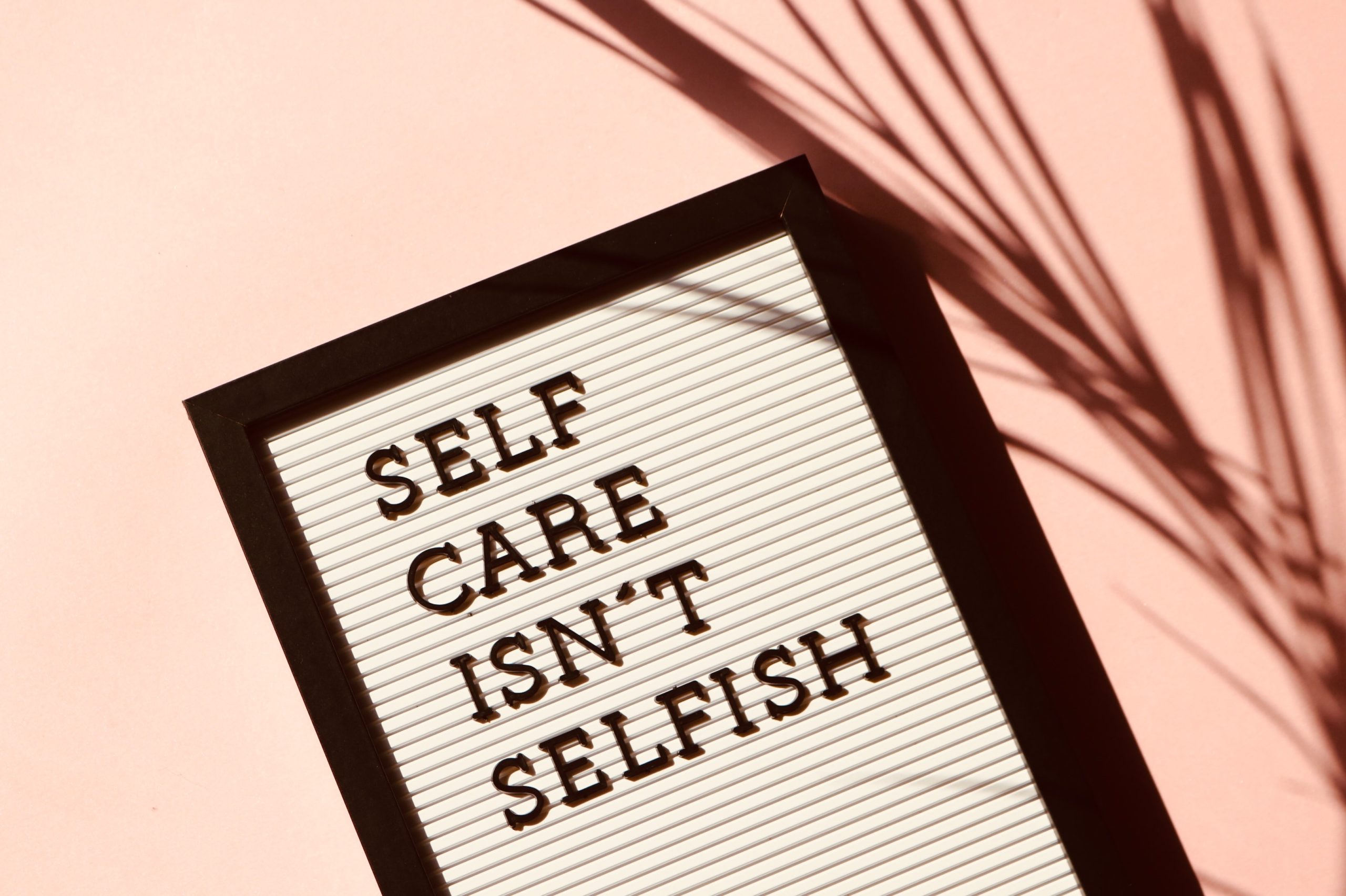According to the World Health Organisation, lung, female breast, colorectal, prostate and stomach were the five leading types of cancers worldwide in 2018 in terms of the number of new cases. In developing countries like Pakistan, cancer survival rates typically tend to be lower than developed countries due to the lack of awareness and early detection of cancer. There is still a certain kind of stigma attached to this disease that has otherwise existed since the dawn of time. Therefore, people find it hard to discuss their concerns with their loved ones and they lean towards trying to ignore their well-being for as long as they can in order to take care of their family.

Most treatments of cancer are difficult for the patient to go through, both physically and psychologically. Treatment options include chemotherapy, radiotherapy, surgery to remove cancerous tissue and other kinds of therapeutic care, including maintenance therapy. It is not always necessary that the treatment intent be curative, depending on the stage at which cancer was diagnosed. Hence, patients go through a range of conflicting emotions and internal struggle about what life has in store for them. They need to have a strong will power and determination to battle their condition. The incidence of suicide in someone with a cancer diagnosis is approximately double the incidence of suicide in the general population. Therefore, family and friends should also give positive encouragement and support during and after the treatment so that the patient doesn’t feel lonely or depressed at any time.
Anyone who gets cancer not only goes through the turmoil related to their physical health, but also an emotional struggle related to their self-esteem and self-confidence resulting from their physical fatigue and bodily changes. It is a good idea for both the patient and their family to educate themselves with the help of their doctor about changes that they should expect to take place and prepare for them mentally. This would also enable others to help build back confidence and reinforce a positive body image where the cancer patient or survivor is proud of such changes and scars as a reminder of their life-changing experience. While it is normal for the family to experience their own negative emotions and, while witnessing a loved one go through drastic physical deterioration can be challenging, the patient should be allowed to talk about their internal struggles whenever they feel comfortable in their own time.
Extended periods of treatment can result in hopelessness for the patient while their primary caregiver could also experience burn out symptoms, including fatigue and anger. Under such circumstances, patience, emotional understanding of oneself and each other along with open and honest, two-way communication will go a long way to make everyone feel better about the situation. The caregiver will only be able to provide good care if they make time for themselves too, on a regular basis.

Socially speaking, there are still some stigmas attached to cancer where people do not fully understand the medical aspects or simply withdraw from the patient and their family because they do not know how to have a conversation about it. Yet, people take a cue from how the family behaves under the circumstances. So the patient and their family should remain open to questions and concerns and maintain a transparent attitude towards their emotional state so that others can see when help is needed. Also, if and when any kind of help is offered, both the patient and their caregiver should accept it so as not to unduly burden themselves.

Both the patient and their caregiver may come to a point where they need professional support to process their own feelings and develop coping strategies. While consulting a mental health professional is a very good option, joining a support group can help too. One such support and awareness group in Pakistan is called the Pink Ribbon, which is now also working towards building the first dedicated breast cancer hospital in the country. There are several other functioning cancer hospitals and resources in Pakistan that can help with the treatment of cancer patients. Hospitals like Aga Khan University Hospital (Karachi), Shaukat Khanum Memorial Hospital (Lahore), Cancer Care Hospital and Research Centre (Lahore) and Shifa International Hospital (Islamabad) provide well equipped options for screening as well as timely and effective treatments for multiple types of cancer.
In addition to the work of these organizations, working towards breaking the taboo surrounding the disease can help many men and women around us to better understand cancer. Increased awareness will eventually enable early detection, timely treatment and also minimise the negative impact on mental health of everyone involved. It will also let us help each other provide better social support to patients and caregivers and create a better and safer future for everyone.







